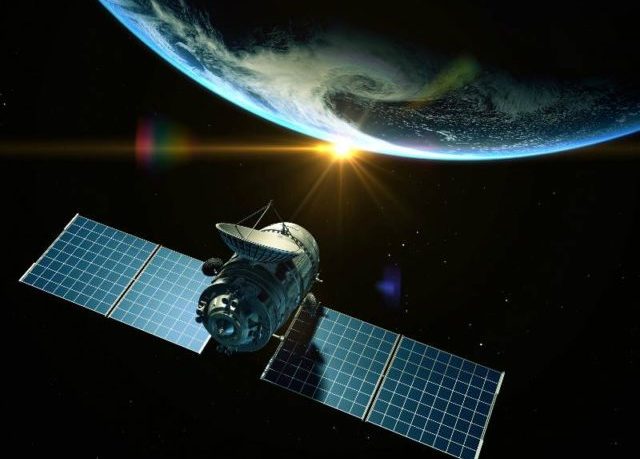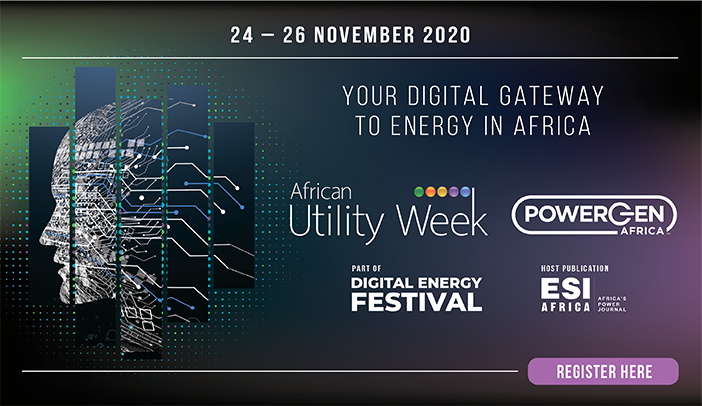- A collaboration between The Rockefeller Foundation and four leading universities, helps utilities and system planners use satellite imagery to improve the planning and provision of electricity in Africa.
The Electricity Consumption Prediction service for Africa launched by the e-GUIDE Initiative is freely available. Using satellite imagery it provides estimates of future electricity consumption at a high spatial resolution and combines the satellite imagery with historic and big data sources.
The service improves the planning and provision of electricity towards ending energy poverty, helping to direct investments and scale projects that support the economic recovery of communities devastated by the COVID-19 pandemic.
The e-GUIDE Initiative is a collaboration between The Rockefeller Foundation, UMass Amherst, Columbia University, Carnegie Mellon University, the Rochester Institute of Technology, and Colorado School of Mines.
The service addresses the challenges faced by utilities, regulators, system planners, off-grid companies, and researchers in adequately matching supply and demand and identifying the most appropriate technology solutions for investment.
Satellite imagery and machine learning
By combining datasets and applying machine learning techniques, the service will create a comprehensive picture of expected demand for every region across Africa for the first time. In countries with limited historic consumption data, the service will extrapolate insights based on consumer profiles in similar environments, allowing learnings to flow across borders.
Development of the service, which has been led by Simone Fobi, a PhD student at Columbia University, and pursued in collaboration with utilities and off-grid electricity providers, will initially provide intelligence on residential consumption in Kenya with Uganda and Rwanda to follow. In the coming year, the service will be expanded to forecast the consumption of small and medium enterprises. Coverage for all of Africa is anticipated by late 2021.
The launch of e-GUIDE’s new service, which is funded by a grant from The Rockefeller Foundation, comes as Joseph Nganga joins the Foundation as Executive Director for Smart Power Africa. As Executive Director, he will lead efforts to scale up transformative distributed renewable electrification projects across the continent.
“Electricity is essential for a modern economy and services including healthcare and education, and for communities’ resilience and ability to adapt to crises including Covid-19. But hundreds of millions of people in sub-Saharan Africa still lack this essential tool,” said Nganga.
He added: “The impact of the pandemic, particularly on vulnerable households, should serves as a prompt for us to redouble our efforts to achieve universal electricity access in an equitable and sustainable way. The Electricity Consumption Prediction service is a transformative and vital tool that will help direct investments to solve this profound challenge.”
Jay Taneja of UMass Amherst’s Department of Electrical and Computer Engineering, and the Initiative lead said: “We must be able to make the most of every investment in electricity access if we are to quickly and sustainably end energy poverty. By making better use of data we can significantly accelerate the pace of change and move away from a one-size-fits-all approach. It is only through data that we can understand the diversity that exists within consumption and define on- and off-grid solutions that exactly meet the needs of customers, now and in the future.”
Samson Ondiek, Personal Assistant to the Managing Director & CEO of Kenya Power, said: “Bringing affordable and reliable power to Kenyans in a sustainable way is core to our work. By partnering closely with the e-GUIDE Initiative we have a unique opportunity to gain new insights from our data that will underpin our investment strategy going forward.”
The e-GUIDE Initiative is also today releasing a whitepaper in collaboration with the team at Village Data Analytics (VIDA). VIDA also offers a breakthrough product based on satellite imagery and machine learning. The whitepaper shows how the Electricity Consumption Prediction service is used by VIDA to identify ideal sites for the deployment of mini-grids that can provide reliable electricity access for last-mile communities.
Author: Nicolette Pombo-van Zyl
This article was originally published on ESI Africa and is republished with permission with minor editorial changes.













